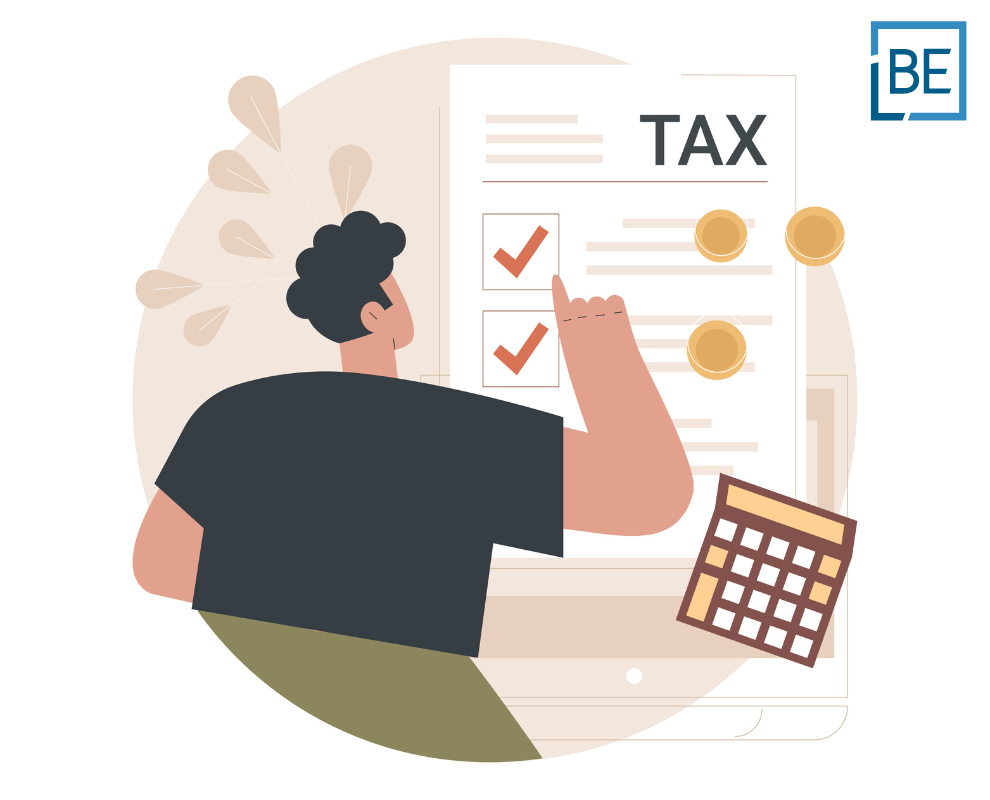Belaws Home ›› Singapore ›› Blog ›› Understanding Corporate Compliance in Singapore: A Guide for Businesses to Meet Standards and Avoid Mistakes
Understanding Corporate Compliance in Singapore: A Guide for Businesses to Meet Standards and Avoid Mistakes
23/01/2023
Companies incorporated in Singapore are subject to many corporate compliance requirements and deadlines; failure to meet these deadlines could result in penalties and surcharges being imposed on the company.
In this article, we will explore some of the statutory and corporate compliance requirements for companies in Singapore.
Companies Act requirements
Singapore’s Companies Act infers the following compliance requirements for Singapore companies.
Registered office
A Singapore company must have a registered office address to which all communications and notices may be directed. This must be a physical location within Singapore and shall be open and accessible to the public for not less than three hours during ordinary business hours on each business day.
Company Secretary
A company in Singapore must have at least one company secretary, who must be a resident of Singapore.
The role of the company secretary is to ensure that the company complies with reporting and regulatory requirements in Singapore. The company secretary role can be occupied for up to six months at any given time.
A director can also serve as the company secretary if they are not the company’s sole director.
Resident director
A Singapore-based company must appoint at least one director who is a citizen or permanent resident of Singapore.
In some instances, a foreign individual holding a valid Employment Pass for employment with the company may serve as a resident director.
Additionally, the director must be:
- at least 18 years old,
- not currently bankrupt, and
- not barred from acting as a director by Singapore’s authorities.
Data protection and data protection officer
According to the Singapore Personal Data Protection Act (PDPA), organizations must have a data protection policy and appoint a data protection officer (DPO). The DPO does not have to reside in Singapore, and the role can be outsourced to a third party.
Additionally, organizations must make the DPO’s business contact information (such as phone number or email) publicly available and ensure the DPO is reachable when contacted by individuals in Singapore to meet PDPA requirements.
Displaying the company name and unique entity number (UEN)
Upon incorporation, the Accounting and Corporate Regulatory Authority (ACRA) issues a Unique Entity Number (UEN) to a company for identification and government transactions such as tax filing.
Singapore companies must display their name and UEN on all company documents, including letters, invoices, statements of account, official notices, and publications.
A company seal is optional, but if a company chooses to have one, it must display its name.
Upkeep of company registers and records
A Singapore company is obligated to maintain specific company registers, some of which are to be kept with the Accounting and Corporate Regulatory Authority (ACRA) and others at the company’s registered office.
The company must register and regularly update details of its directors, CEOs, secretaries, and auditors with ACRA, as well as any resolutions binding a class of shareholders and charges on the company’s assets.
Additionally, the company must keep the following registers at its registered office:
- Register of substantial shareholders,
- Register of registrable controllers (any person or entity that controls 25% or more of the company),
- Register of Nominee Directors (a director who is expected or obligated to act per the directions or wishes of another person).
Private companies (those with no more than 50 members) must keep an up-to-date register of members (shareholders) with ACRA, created at the time of incorporation. In contrast, public companies must maintain their register of members either at their registered office or another office as long as ACRA is notified of its location.
Annual general meeting (AGM)
A private company is obligated to conduct its annual general meeting (AGM) within six months after the end of its financial year, while a publicly listed company must hold its AGM within four months after the close of its fiscal year.
Some private companies may be exempt from holding an AGM, such as when the company is inactive, or the members vote to waive the requirement.
However, most companies are required to hold an AGM.
Filing annual returns with ACRA
For private companies, the annual return must be filed within seven months of the end of the company’s financial year and within five months for public companies.
Exempt private companies (EPCs) that do not have their annual financial statements audited can file a simplified annual return without submitting financial statements, as long as the company has at most 20 shareholders and none of them are corporations.
For all other companies, the annual return must include the company’s financial statements, which must be submitted in eXtensible Business Reporting Language (XBRL) format. This is usually done by the company’s financial accountants or auditors.
Accounting requirements
Date of financial year-end
When applying for incorporation with the ACRA, a company must select a date for its financial year-end. The standard year-end in Singapore is December 31st, so many companies choose that date. However, a company can also select a date to align with the parent company’s balance date.
Companies can opt for their first financial year to be greater than 12 months, up to 18 months. For example, a company incorporated in October could choose to have its first financial year-end on December 31st of the following year, making the first accounting period 15 months. This can save time and money by avoiding the need to prepare financial statements for a short period of only three months (if the first-period end was December 31st in the year of incorporation).
Safekeeping of accounts and records
All companies are mandated to maintain accounting and other records that clearly explain the transactions and financial position of the company and allow for the preparation of accurate and fair financial statements. These records must be kept for five years after the end of the fiscal year to which they pertain.
Company directors must present the financial statements for the previous financial year at the annual general meeting. These accounts must conform to accounting standards and provide an accurate and fair representation of the company’s financial position and performance for the year.
Appointment of auditor
Within three months of incorporation, the directors of a company must appoint an auditor unless the company qualifies as a small company and is exempt. The auditor is reappointed at every annual general meeting of the company.
A small company is a private company that meets two out of three criteria in the two preceding financial years:
- the company’s revenue does not exceed S$10 million per fiscal year,
- the company’s total assets do not exceed S$10 million at the end of each financial year, and
- the company does not have more than 50 employees at the end of each fiscal year.
If a Singapore company is part of a larger corporate group, the tests above are applied to the group as a whole instead of just the Singapore company. This means that even if a company has limited operations in Singapore, it may still be required to have an audit due to the functions of the rest of the group.
Tax requirements
Corporate income tax return
All foreign companies and branches must submit an annual income tax return.
The deadlines for filing are:
- Eleven months after the end of the company’s financial year (for paper returns)
- The 15th day of the 12th month after the end of the company’s financial year (for online filing)
GST registration and quarterly returns
The Goods and Services Tax (GST) is a consumption tax applied to most goods and services sold in Singapore.
A company must register for GST with the Inland Revenue Authority of Singapore (IRAS) if its annual taxable turnover exceeds SGD one million. However, under certain conditions, companies with lower turnover may still register.
After registration, the company must charge GST to its customers and file a quarterly GST return to the government, accounting for the GST collected from customers minus GST paid on inputs.
Employment law requirements
The Employment Act in Singapore outlines the rights and responsibilities of employers and employees and must be adhered to in all matters about the company’s employees.
Regarding tax, the company is not required to make any income tax deductions from employee salaries. Still, each is required to submit a statement of earnings to the Inland Revenue Authority of Singapore (IRAS) for each employee at the end of the calendar year.
Additionally, if the company employs Singapore citizens or permanent residents, the employer must contribute to the Central Provident Fund at the designated contribution rate for those employees.
How can Belaws help?
If you have a question about company compliance requirements for companies in Singapore, speak to one of our experts directly.
You can also view our Singapore incorporation services here.
Please note that this article is for information purposes only and does not constitute legal advice.
Our consultations last for a period of 1 hour and are conducted by our expert lawyers who are fluent in English, French and Thai.
Consultations can be hosted via WhatsApp or Video Conferencing software for your convenience. A consultation with one of our Blockchain experts is undoubtedly the best way to get all the information you need and answer any questions you may have about your new business or project.
Up to 1 hour
Web conferencing details provided upon confirmation
$150 USD
Related Articles
We are open: Monday – Friday
9 am – 6 pm (UTC+7)

















